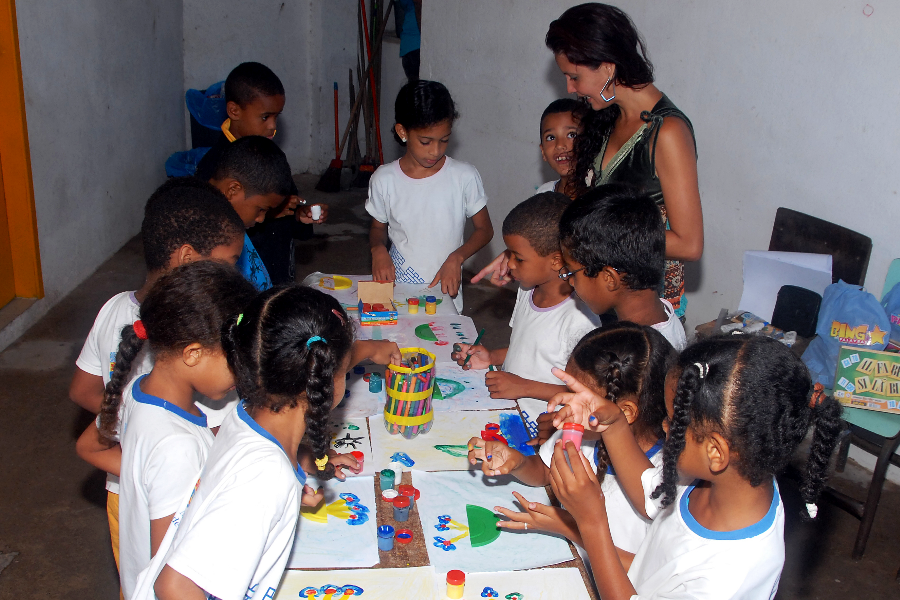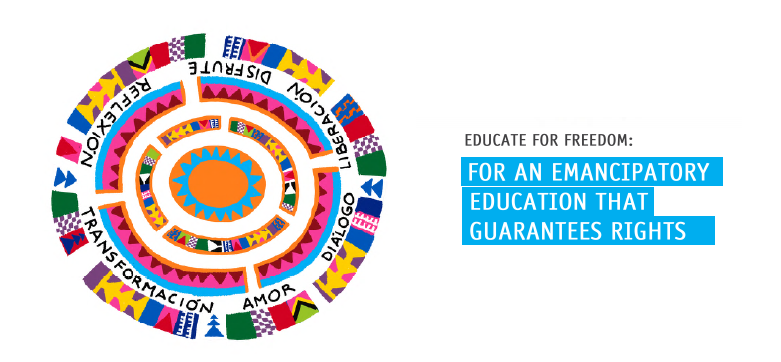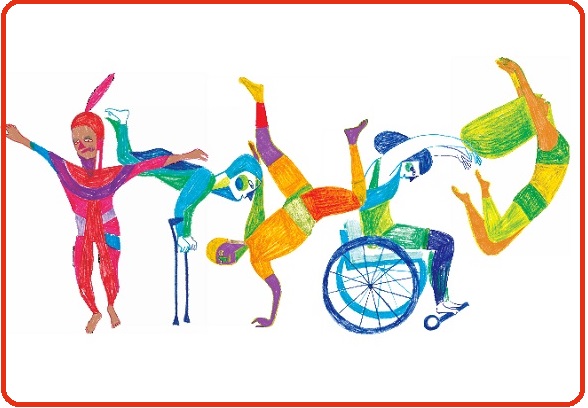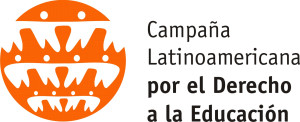
Brazil: In a message to the UN, the National Campaign expresses concern about the rights of children and youth
June 3, 2019In response to a call from the Office of the United Nations High Commissioner for Human Rights (OHCHR), the National Campaign for the Right to Education from Brazil sent to the agency information on the state of children’s rights in the country regarding the areas that will be the focus of the Sustainable Development Goals (SDGs) review in July this year.
The review will take place at the UN High-Level Political Forum (HLPF), to be held July 9-18 in New York, with a focus on SDG 4 (on education) as well as goals 8 (decent work and economic growth), 10 (reduction of inequalities), 13 (climate action), 16 (peace, justice and solid institutions) and 17 (partnerships to achieve the objectives).
OHCHR is preparing a report on children’s rights and the SDGs to be presented at the HLPF and, to contribute to its content, a call was made asking civil society to submit their diagnoses and recommendations.
Inputs sent by the National Campaign to the agency indicate strong risks that SGDs 4, 8 and 16 will not be achieved within the expected period, in the country, due to a series of measures implemented by the current government.
Furthermore, they present alarming data on the human rights situation in Brazil, such as: non-compliance with the National Education Plan (PNE, by its Portuguese acronym) 2014-2024; the reduction of public expenditures on education and the non-implementation of the Initial Student-Quality Cost (CAQi, by its Portuguese acronym) and Student-Quality Cost (CAQ, by its Portuguese acronym) mechanisms, which establish parameters for the financing of quality public education; thousands of children and adolescents without access to basic education; the advancement of the “Escola sem partido” (School without a Party) initiative, which intends to prohibit the discussion of issues such as politics, racial equality and gender equality and identity in schools; a reductionist perspective of early childhood education and setbacks for inclusive education and the inclusion of people with disabilities in the public system; the attempt to regulate home schooling as a way of encouraging the privatization of distance education and avoiding socialization and students’ interaction in plural contexts; the worsening situation of children and adolescents in precarious working conditions, with a labor reform that flexibilizes rights; and the closure of spaces for civil society participation in public policies, as well as the elimination of participatory administrative bodies, seriously affecting areas such as: human rights, racial equality, indigenous peoples, rural populations, LGBTI community and the environment.
“In this alarming context, we request that the OHCHR recommends the Brazilian State to restorate and strengthen democratic instances of civil society participation, as well as the reversal of current setbacks. We also demand that the government respect the UN Convention on the Rights of the Child and the observations made to Brazil by the Committee that monitors the Convention. The Committee recommended that the Brazilian State assume its responsibility to guarantee adequate financial resources for the implementation of the National Education Plan, including situations of economic crisis and political instability”, said Andressa Pellanda, executive coordinator of the National Campaign for the Right to Education.
In the report sent to the UN, the Campaign presents recommendations for the guarantee of the right to a lifelong free, inclusive, equitable and quality education for all, from a perspective of rights.

Education for freedom: CLADE launches document about emancipatory education
May 21, 2019Download the document:
The publication, launched in the context of the initiative “Education for freedom”, brings together reflections and debates gathered by CLADE network on this subject, addressing the right to education from an integral and holistic perspective, in its connection with: freedom, social transformation, decolonization, democracy, gender equality, communication and technologies, arts and culture, affection and care, as well as bodies and territories.
Its reflections offer ways for an emancipatory education that contributes to the formation of societies free from all oppression, and also to transform the lives of children, adolescents, young people and adults through reflection, dialogue, critical thinking, and the skills to question, discern, imagine and act towards other possible worlds.
“Education should contribute to people being in tune with their time and space, knowing their territory, context, history and cultural diversity. Therefore, spaces and processes of informal, non-formal and formal education must be related, promoting culture and knowledge, research, education and extension, contributing to economic, social and environmental justice”, the publication points out.
Release
The document was launched on May 21 with a virtual dialogue, with the participation of Luna Contreras, popular educator and director of the Democracy and Global Transformation Program (PDTG, by its Spanish acronym) Tejiendo Saberes Perú; Martín Ferrari, an Argentine popular educator and one of the directors of the documentary “Education in movement” (Educación en Movimiento), and María Cianci, education and research coordinator of ALER. The dialogue was moderated by Rosa Zúñiga, general secretary of CEAAL.
If you weren’t able to participate in the event, you can access the recording of the dialogue (in Spanish) through the following link:

GAWE 2019 in Latin America and the Caribbean: An opportunity to analyze the state of the human right to education in the region
May 2, 2019The Global Action Week for Education (GAWE) is a great international mobilization that this year focuses on the importance of guaranteeing the human right to education for the realization of all human rights, and also to achieve sustainable development. (more…)





